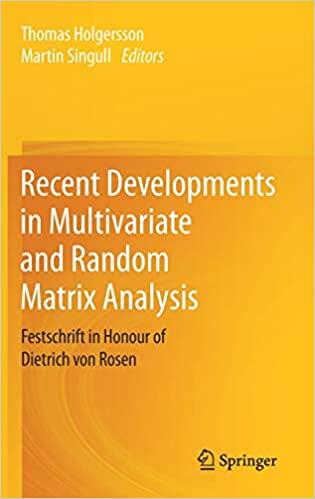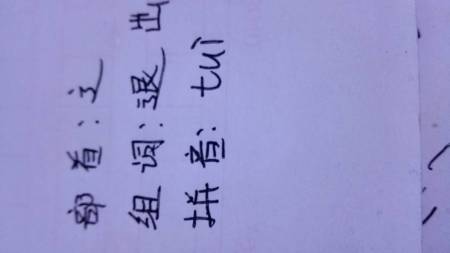一、random在英文里是什么意思
random 英[ˈrændəm] 美[ˈrændəm]
adj. 随机的; 任意的; 胡乱的;
n. 随意; 偶然的行动;
[例句]The survey used a random sample of two thousand people across England and Wales
该调查在英格兰和威尔士随机抽样了2,000人
二、random是什么意思
random
[英]ˈrændəm
[美]ˈrændəm
.
adj.
任意的;随机的;胡乱的
n.
随意;偶然的行动
[例句]Sharing stories at innovation events that enable random collisions of unusual suspects help to catalyze movements..
在创新活动中分享创意,可以使不同寻常的想法随机碰撞,进而帮助催化运动。
三、random什么意思
random
英 ['rændəm]
美 ['rændəm]
副词: randomly
名词: randomness
adj.任意的;随机的;随意的
n.随意;任意
adv.随机地
用作形容词 (adj.)
Men are exposed to more acts of random physical violence.
男人受到更多的任意的身体强烈活动。
Most people know that the outcome of a coin toss is random.
大部分人都知道掷硬币的结果是随机的。
用作名词 (n.)
Soiled dishes were piled at random.
脏碟子胡乱地堆放着。
The librarian took a book at random from the shelf.
图书管理员从书架上随便拿了一本书。
用作副词 (adv.)
Complex organs made up of separate but necessary subsystems cannot be the result of random chance.
复杂的器官是由独立的,必要的子系统组成,而且不能随机地形成。















